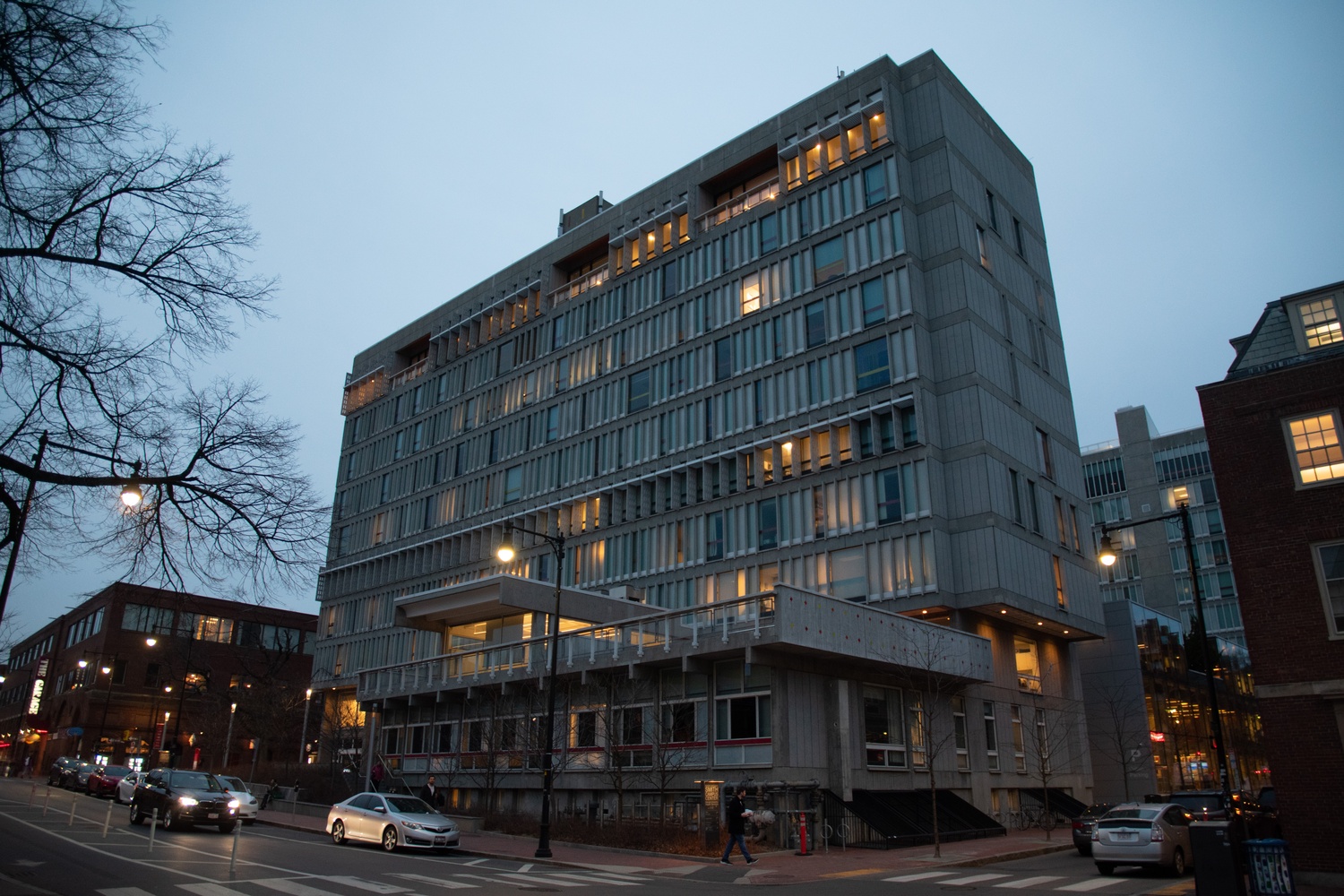
News
When Professors Speak Out, Some Students Stay Quiet. Can Harvard Keep Everyone Talking?

News
Allston Residents, Elected Officials Ask for More Benefits from Harvard’s 10-Year Plan

News
Nobel Laureate Claudia Goldin Warns of Federal Data Misuse at IOP Forum

News
Woman Rescued from Freezing Charles River, Transported to Hospital with Serious Injuries

News
Harvard Researchers Develop New Technology to Map Neural Connections
Harvard Housing Raises Rent, Drawing Concerns Among Some Graduate Students

Harvard University Housing announced last week that it will impose up to 6.5 percent rent increases for renewing tenants in nearly 30 of its buildings for the upcoming leasing season.
At each of the sites, the range of housing costs in the 2025-26 leasing season increased by at least $100 per month. At some locations, the rent is set to increase by over $300.
Each year, HUH charges market rents in accordance with Harvard University’s affiliated housing rent policy, which was established in 1983. This year’s announcement is priced according to market analysis and research conducted by Jayendu Patel of Economic, Financial & Statistical Consulting Services.
Albert Greenhut, a graduate student at the Harvard Kennedy School, said he would be willing to continue paying the rent prices with the increase, but noted that many other residents might not feel the same.
“I love living here, it’s below market rent,” he said.
“I’m sure the people who will continue living here don’t like increases because people like to budget,” Greenhut added.
Ariana Chanelle Everett, a student at the Harvard Graduate School of Design, moved into Harvard University Housing in July 2024. She currently funds her housing costs through loans, but said that the increasing rents make this strategy unsustainable.
“I think because it goes in the loan, it might not affect me right now — but I think when we’re thinking down the line with interest costs on loans, then it will become a significant burden,” she said.
Riley K. Sutherland, a second-year Ph.D. student at Graduate School of Arts and Sciences, receives a stipend from her graduate program, which covers some of the costs of classes and housing. In order to afford all of her living costs, Sutherland juggles several part-time jobs.
“Even before the rent increase, my rent was over half of the stipend I’m receiving for being a graduate student, to the point where I started looking for alternative housing situations,” she said.
Sutherland added that the search for other housing options is complicated by her need for disability accommodations.
“So it felt pretty hopeless to try to find living situations,” she said. “At the end, I felt like I would just need to pay the increase to find a place that met my accommodation needs.”
According to a Harvard University spokesperson, the rental rates are set based on current market prices to “ensure equity across the University.” The GSAS Disability Accommodation Office also commits to providing “accommodations for coursework, housing, dining, transportation, and other aspects of student life as appropriate,” accordint to the office’s website.
Despite these measures, Sutherland says her housing situation is fragile.
“At this point, I’m already paying max that I can in my budget for housing, food, medications,” she said. “I have no idea what I’ll do if it increases again.”
Everett added that although the prices might be “reasonable” in the context of the Boston housing market, the “severely limited income” of graduate students complicates the situation.
“For people who are paying out of pocket, or dipping into their savings, it would be a significant issue,” she said.
The University spokesperson added that setting rents below market rate is considered a form of financial aid, “which should be determined by each individual school, not via the rent setting process.”
But as the rents increase, many students are left worried about the rising cost of living.
“I think for especially for long term students, there should be some type of stabilization in rent,” Everett said. “Tuition is already going up, cost of living outside is already going up. We don’t need another cost added.”
—Staff writer Iris Hur can be reached at iris.hur@thecrimson.com.
—Staff writer Claire Jiang can be reached at claire.jiang@thecrimson.com.
Want to keep up with breaking news? Subscribe to our email newsletter.
